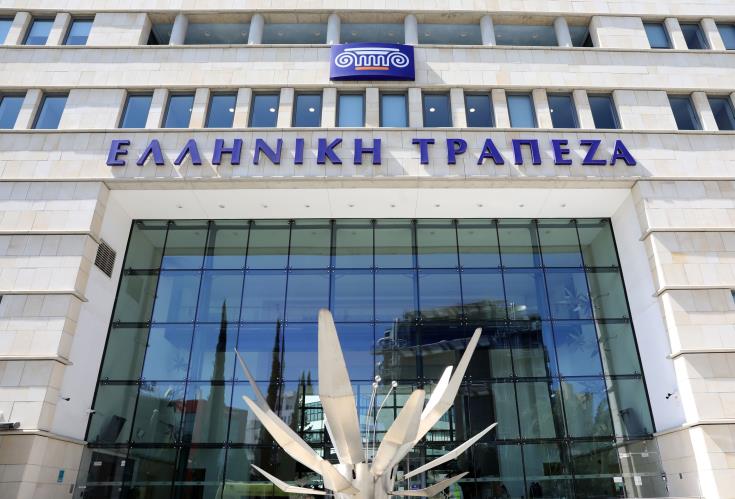IMF Highlights Urgent Need for Reforms to Sustain Global Economic Growth
In a recent release by the International Monetary Fund (IMF), a stark picture has been painted for the future of global economic growth. The IMF’s analysis, part of its upcoming World Economic Outlook, indicates that growth is projected to slump to 2.8 percent by 2030 unless significant reforms are undertaken. This figure falls notably short of the historical average, signaling a potential period of economic stagnation ahead.
The persistent decline in growth rates since the 2008-2009 financial crisis has raised concerns within the IMF, prompting calls for ambitious steps to enhance productivity. The global lender has emphasized the importance of leveraging advanced technologies, such as artificial intelligence (AI), to bolster economic performance.
However, the forecast is not without its challenges. The IMF warns that the current low-growth environment, coupled with high interest rates, may limit governments’ capacity to respond to economic downturns and invest in crucial areas like social welfare and environmental protection. This scenario is further complicated by geopolitical tensions and protectionist trade policies that could exacerbate the slowdown.
Emerging market economies are expected to experience the most significant downward revisions in medium-term growth. This has serious implications for living standards and efforts to reduce global poverty. The IMF has urged countries to take immediate action to reverse this trend, highlighting the risk of debt unsustainability and potential social unrest if growth remains subdued.
To combat these issues, the IMF suggests a variety of policy measures. These include improving capital and labor allocation and addressing labor shortages, especially in economies with aging populations. The global labor supply’s growth rate is anticipated to dwindle to just 0.3 percent by 2030, a fraction of its pre-pandemic average.
Strategies such as increasing labor force participation, integrating migrant workers into advanced economies, and optimizing talent allocation in emerging markets could yield modest gains. Moreover, enhancing market competition, promoting trade openness, improving financial access, and increasing labor market flexibility could potentially lift global growth by about 1.2 percentage points by 2030.
The IMF also recognizes the transformative potential of AI in boosting labor productivity. Depending on its adoption and workforce impact, AI could contribute up to 0.8 percentage points to global growth. However, the organization cautions that the full implications of AI are not yet completely understood. While it may enhance productivity, it also poses risks of job displacement and significant changes to job nature.
In light of these concerns, the IMF advises countries to strengthen regulatory frameworks, ensure intellectual property protections, and strive for equitable distribution of AI’s benefits. As nations grapple with these complex challenges, the IMF’s insights underscore the urgency for proactive and coordinated policy action to secure a more prosperous global economic future.






